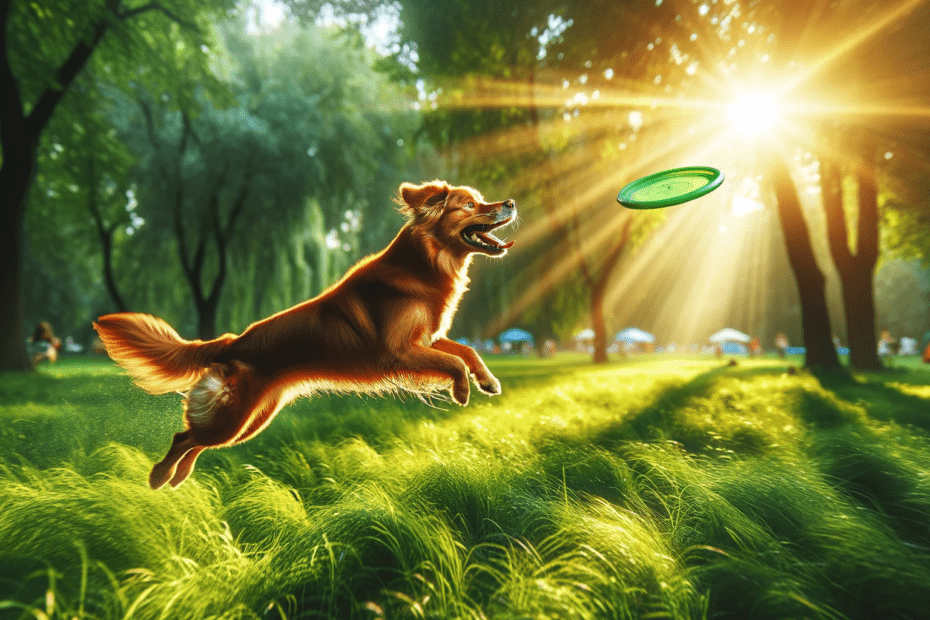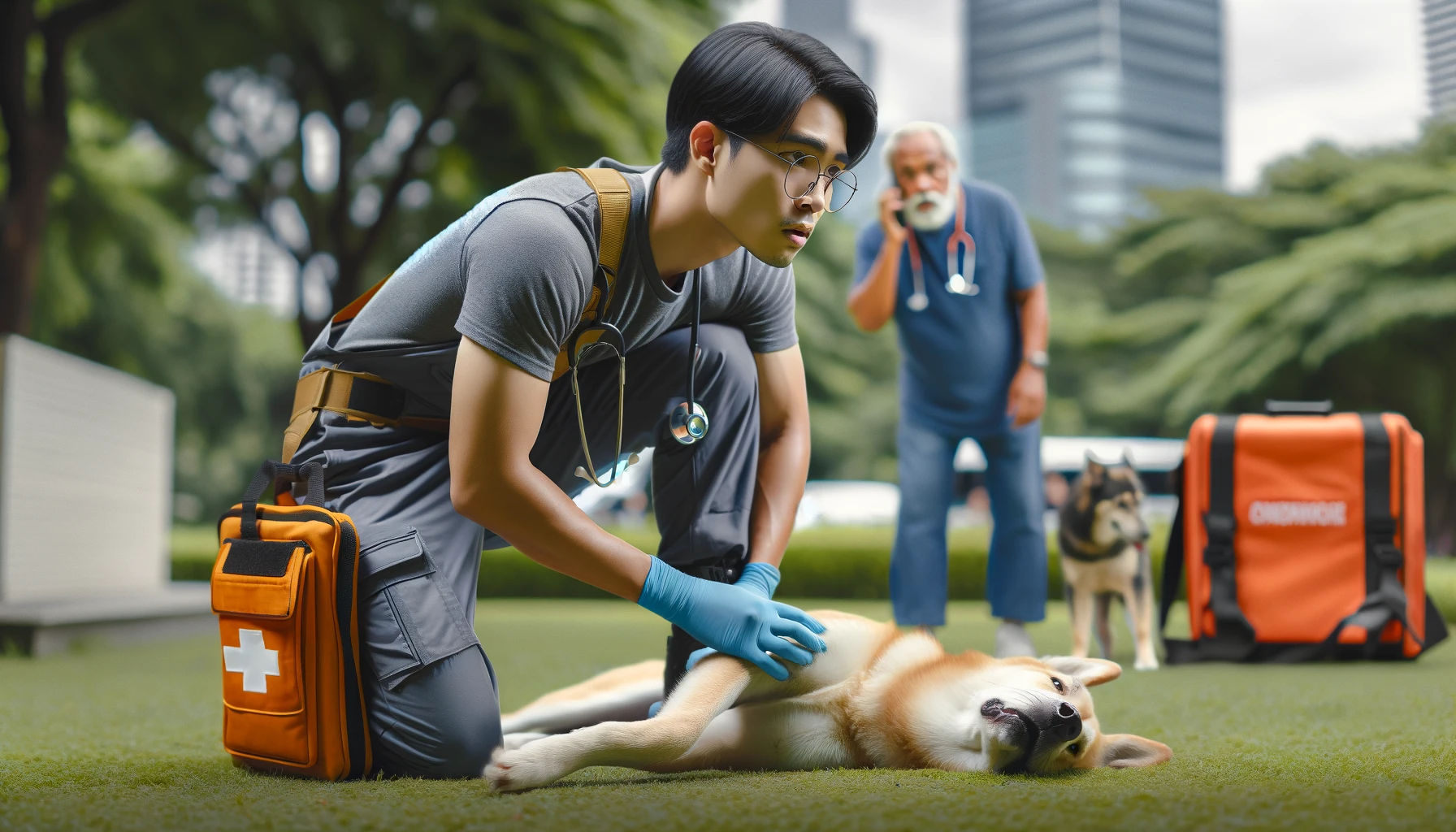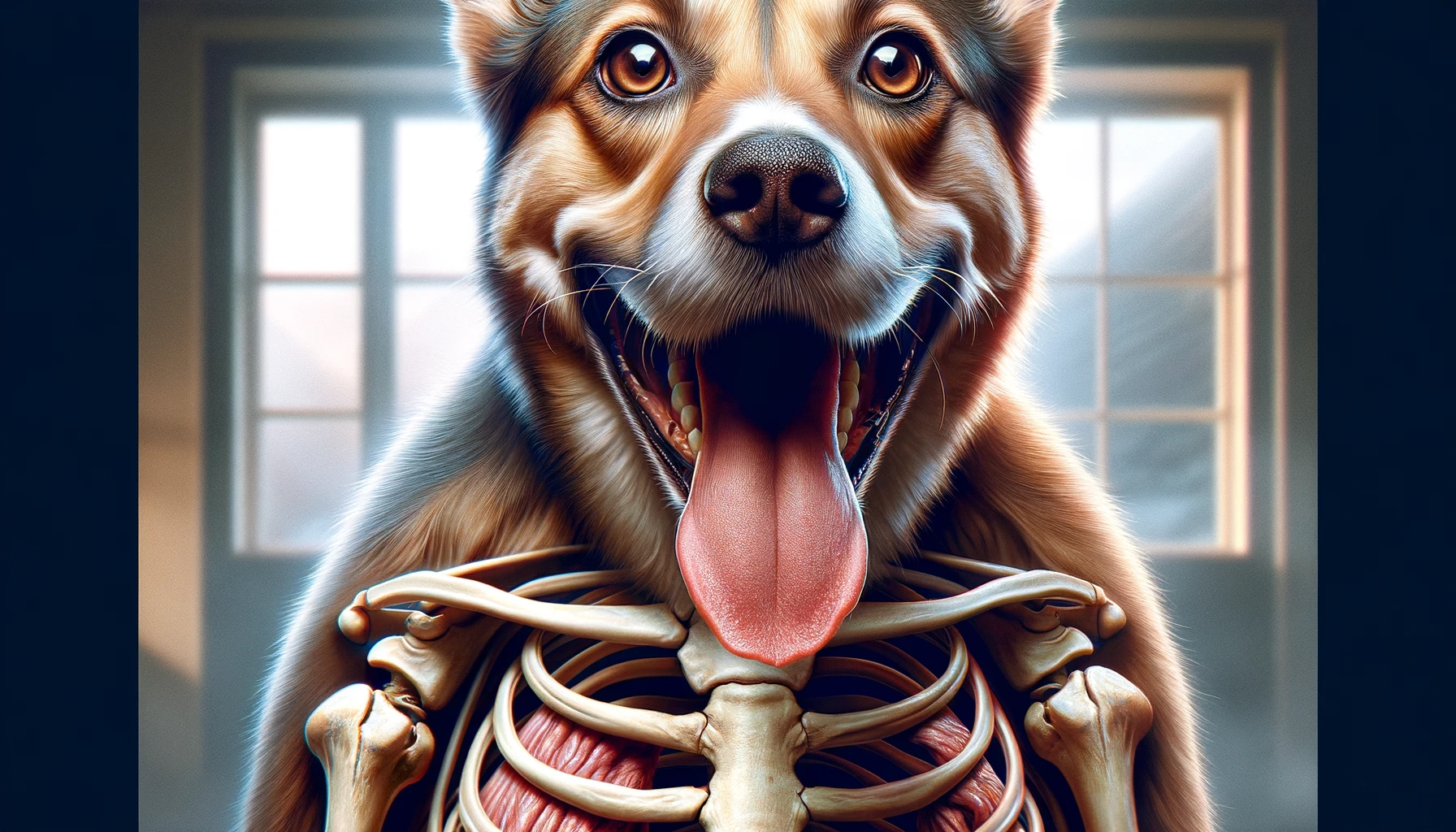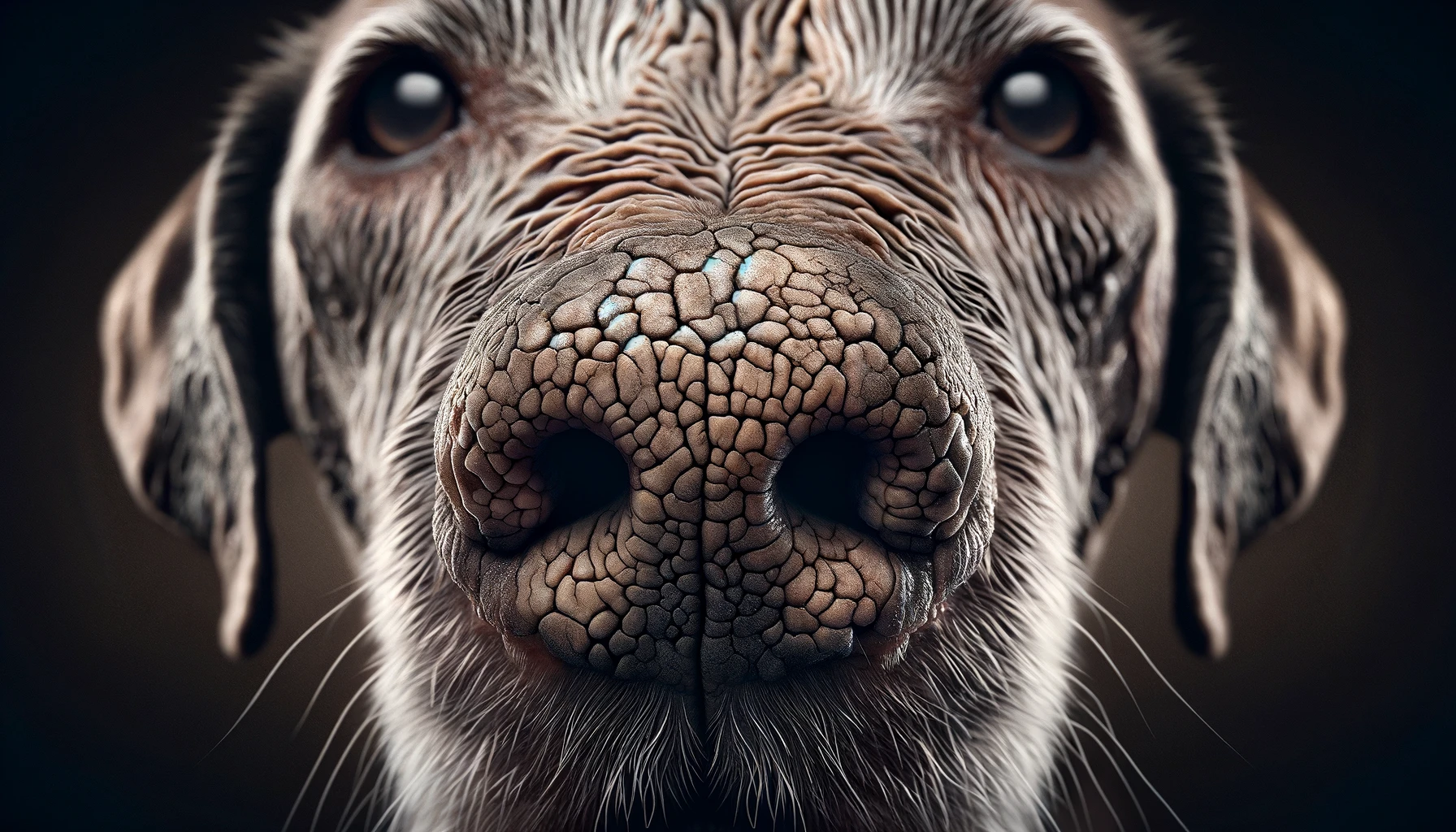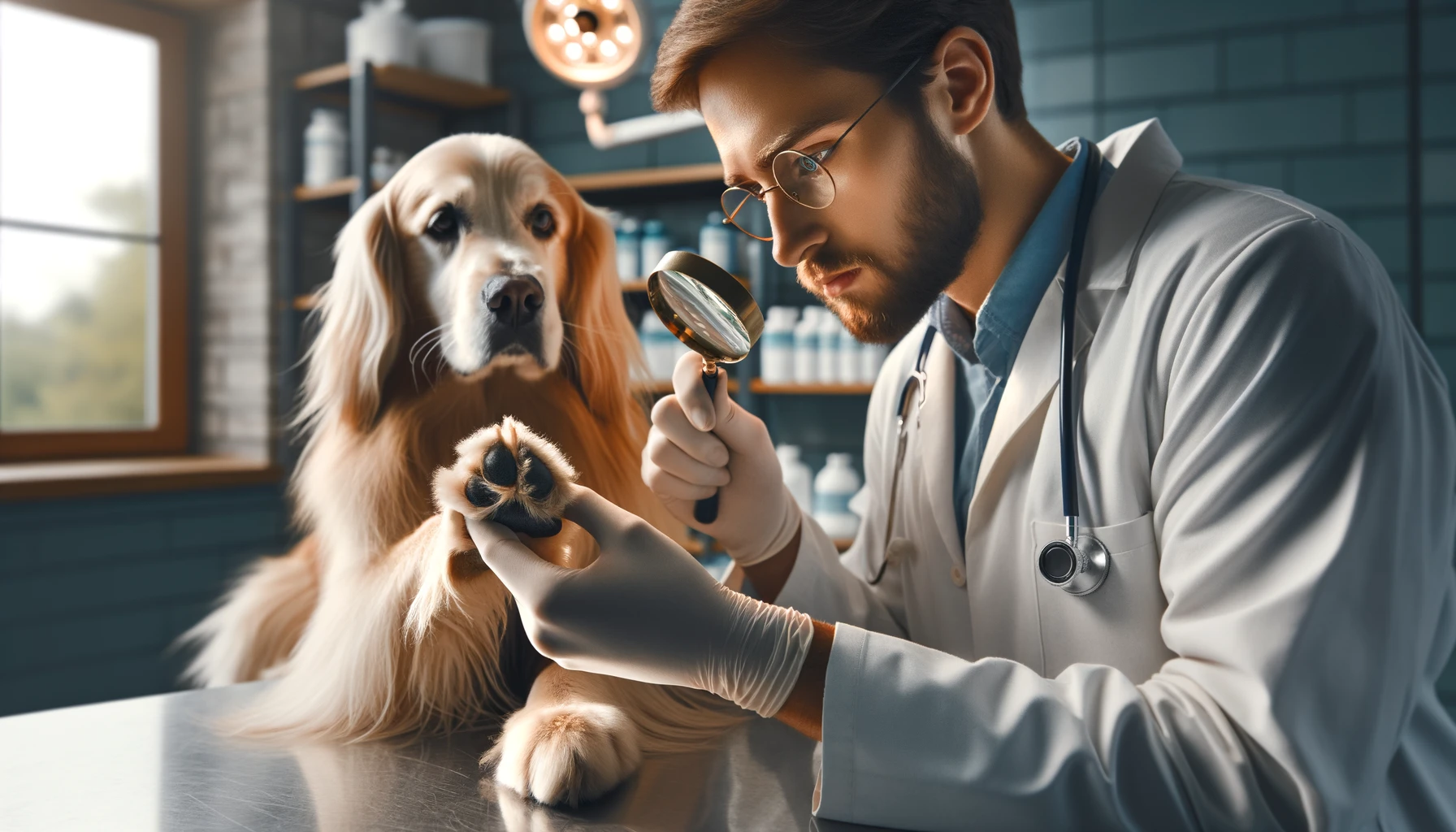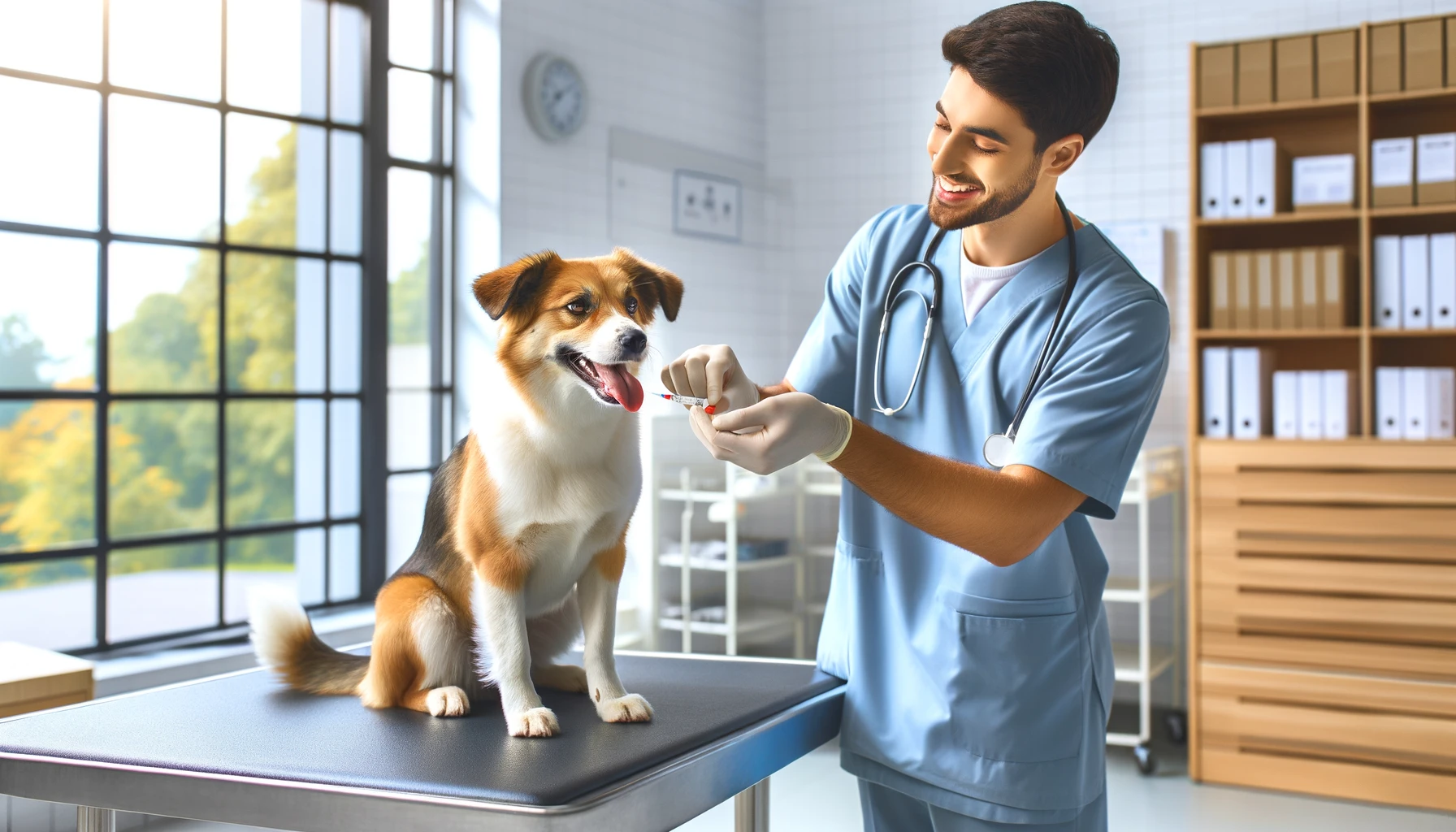Are you looking for ways to keep your dog healthy and happy? Look no further! In this article, we will share verified tips to ensure your dog's optimal health.
Regular vet check-ups, a balanced diet, daily exercise, proper dental care, grooming, and mental stimulation are all key to keeping your furry friend in top shape.
By following these evidence-based tips, you can provide the best care for your beloved pet.
Let's get started!
Key Takeaways
- Schedule regular vet check-ups for preventive care and early identification of potential issues
- Provide a balanced diet with protein, carbohydrates, fats, vitamins, and minerals
- Incorporate daily exercise and playtime into routine
- Regular brushing and dental chew toys for healthy teeth and gums
Regular Vet Check-ups
You should schedule regular vet check-ups for your dog to ensure their optimal health. Vet recommendations strongly emphasize the importance of preventive care in maintaining your dog's overall well-being. Regular check-ups allow veterinarians to assess your dog's health, identify any potential issues early on, and provide appropriate treatments or interventions. These visits also provide an opportunity for you to discuss any concerns or questions you may have regarding your dog's health and behavior.
During a vet check-up, your veterinarian will conduct a thorough physical examination of your dog, checking for signs of illness or abnormalities. They may also administer vaccinations, perform routine blood tests, and recommend parasite prevention measures, such as flea and tick control. Additionally, they may provide guidance on proper nutrition, exercise, and dental care for your dog.
Preventive care plays a crucial role in ensuring your dog's long-term health and can help prevent the development of serious illnesses or conditions. By scheduling regular vet check-ups, you're proactively taking steps to keep your dog healthy and happy. Remember to follow your vet's recommendations for check-up frequency, as it may vary based on your dog's age, breed, and overall health status.
Balanced and Nutritious Diet
Ensure your dog's optimal health by providing them with a balanced and nutritious diet. Canine nutrition plays a crucial role in maintaining the overall well-being of your furry friend. Just like humans, dogs require a variety of nutrients to support their growth, development, and immune system. A balanced diet for dogs typically consists of protein, carbohydrates, fats, vitamins, and minerals.
Protein is an essential component of a dog's diet as it helps in the formation of tissues, enzymes, and hormones. Good sources of protein include lean meats like chicken, turkey, and fish. Carbohydrates provide energy and can be found in grains like rice and oatmeal. Fats are important for healthy skin and coat, and can be obtained from sources like fish oil and flaxseed.
When choosing dog food, it's important to consider any food allergies your dog may have. Some common food allergies in dogs include beef, chicken, dairy, and grains. If you suspect your dog has a food allergy, consult your veterinarian who can recommend an elimination diet or suggest hypoallergenic dog food options.
Daily Exercise and Playtime
Maintaining your dog's optimal health includes incorporating daily exercise and playtime into their routine. Regular physical activity is essential for your dog's overall well-being, as it helps to prevent obesity, promotes cardiovascular health, and stimulates their mind. Here are some tips to ensure your dog gets the exercise and playtime they need:
- Interactive toys: Invest in toys that require your dog to think and problem-solve, such as puzzle toys or treat-dispensing toys. These toys provide mental stimulation and keep your dog engaged during playtime.
- Outdoor activities: Take your dog for daily walks, runs, or hikes. Outdoor activities not only provide exercise, but also expose your dog to different environments, scents, and social interactions, promoting their mental and emotional health.
- Play fetch or tug-of-war: These interactive games aren't only fun for your dog, but they also provide excellent physical exercise. Playing fetch helps improve your dog's coordination and strengthens their muscles, while tug-of-war can help release excess energy and promote bonding between you and your furry friend.
Remember to tailor the exercise and playtime to your dog's age, breed, and health conditions. Always consult with your veterinarian if you have any concerns or questions about the appropriate level of exercise for your dog.
Proper Dental Care
To ensure your dog's optimal health, proper dental care is essential. Regular brushing of your dog's teeth helps prevent plaque and tartar buildup, reducing the risk of dental diseases.
Additionally, providing your dog with dental chew toys can help promote healthy teeth and gums by removing plaque and stimulating saliva production.
Brushing Dog's Teeth
Start by brushing your dog's teeth at least three times a week to maintain their optimal dental health. Regular toothbrushing is essential for preventing dental issues such as plaque buildup, gum disease, and bad breath.
Here are some important toothbrushing techniques and dental cleaning procedures to follow:
- Use a soft-bristle toothbrush or a finger brush specifically designed for dogs.
- Choose a toothpaste formulated for dogs, as human toothpaste can be harmful to them.
- Gently lift your dog's lip to expose their teeth and gums.
- Gradually introduce your dog to toothbrushing by first letting them taste the toothpaste.
- Brush in a circular motion, focusing on the outer surfaces of the teeth.
- Pay attention to the back molars, where plaque tends to accumulate.
- Reward your dog with praise and treats after each successful toothbrushing session.
Dental Chew Toys
To ensure your dog's optimal dental health, incorporate dental chew toys into their routine. Dog dental health is an important aspect of overall well-being, and using chew toys can be beneficial in maintaining good oral hygiene. Chew toys serve as a natural way to clean your dog's teeth, removing plaque and tartar buildup that can lead to dental problems such as gum disease and tooth decay.
Chew toy benefits include stimulating saliva production, which helps wash away bacteria and food particles. Additionally, the act of chewing helps to strengthen your dog's jaw muscles and can provide mental stimulation, reducing anxiety and boredom. When choosing a chew toy, opt for those made from durable materials that are designed specifically for dental care. Avoid toys that are too hard, as they may cause damage to your dog's teeth.
Make sure to supervise your dog while they chew and regularly inspect the chew toy for any signs of wear or damage.
Regular Grooming and Hygiene
Regular grooming and hygiene are crucial for ensuring your dog's optimal health. By regularly brushing your dog's coat, you can remove dirt, debris, and tangles, preventing skin irritations and matting. Additionally, practicing good hygiene at home, such as cleaning your dog's ears and trimming their nails, helps prevent infections and discomfort.
Professional grooming services can also provide benefits. They can offer deep cleaning, breed-specific trims, and early detection of health issues.
Importance of Grooming
Make sure you groom your dog regularly to maintain their optimal health and hygiene. Regular grooming has several benefits for your furry friend. Here are some key points to consider:
- Benefits of professional grooming: Taking your dog to a professional groomer can ensure that their coat is well-maintained and free from mats and tangles. Professional groomers have the expertise to trim your dog's nails, clean their ears, and provide a thorough cleaning.
- Grooming tools and supplies: Investing in the right grooming tools and supplies is essential for maintaining your dog's hygiene. These may include brushes, combs, shampoos, and nail clippers. Choose tools suitable for your dog's breed and coat type.
- Preventing skin problems: Regular grooming helps prevent skin issues such as infections and irritations. Brushing removes loose fur and stimulates blood circulation, while bathing eliminates dirt and allergens from the coat.
Hygiene Practices at Home
Maintain your dog's optimal health and hygiene at home by incorporating regular grooming and hygiene practices.
Dog bathing is an essential part of maintaining your dog's cleanliness. It helps remove dirt, oil, and any unpleasant odors from your dog's coat. When bathing your dog, use a gentle dog shampoo that's specifically formulated for their skin and coat type. Be sure to rinse thoroughly to remove all the shampoo residue.
Cleaning your dog's ears is another important hygiene practice. Dogs are prone to ear infections, so regular cleaning is crucial. Use a dog ear cleaner solution and gently wipe the inner ear with a soft cloth or cotton ball. Avoid using cotton swabs or inserting anything into the ear canal, as this can cause injury. If you notice any signs of ear infection, such as redness, swelling, or a foul odor, consult your veterinarian.
Professional Grooming Benefits
To ensure your dog's optimal health and hygiene, you can benefit from professional grooming services that provide regular grooming and hygiene practices. Professional groomers are trained in various techniques to keep your dog looking and feeling their best. They have access to specialized grooming tools and equipment that are designed to make the grooming process easier and more efficient.
Some of the benefits of professional grooming include:
- Thorough Coat Cleaning: Professional groomers use high-quality shampoos and conditioners to clean your dog's coat thoroughly, removing dirt, debris, and excess oils.
- Nail Trimming: Regular nail trims are essential for your dog's comfort and mobility. Professional groomers have the knowledge and experience to trim your dog's nails safely and efficiently.
- Ear Cleaning: Proper ear hygiene is important to prevent infections. Professional groomers can clean your dog's ears using gentle techniques and specialized products.
Mental Stimulation and Enrichment
To provide your dog with adequate mental stimulation and enrichment, incorporate various interactive toys and puzzles into their daily routine.
Interactive toys and puzzle feeders are designed to engage your dog's mind and keep them mentally stimulated. These toys can help prevent boredom and destructive behaviors, while also promoting a healthy, active lifestyle.
Interactive toys come in a variety of shapes and sizes, ranging from treat-dispensing balls to puzzle games. These toys require your dog to think and problem-solve in order to access the treats or rewards hidden inside. By challenging their cognitive abilities, interactive toys help keep your dog mentally sharp and engaged.
Puzzle feeders are another great tool for mental stimulation. These feeders require your dog to work for their food by solving puzzles or manipulating objects to access their meal. This not only provides mental stimulation but also slows down their eating, reducing the risk of digestive issues such as bloating.
Incorporating interactive toys and puzzle feeders into your dog's daily routine can provide them with much-needed mental stimulation and enrichment. Make sure to rotate the toys regularly to keep things interesting and prevent boredom.
Frequently Asked Questions
How Often Should I Take My Dog to the Vet for Regular Check-Ups?
You should take your dog to the vet for regular check-ups at least once a year. Regular vet visits are important for monitoring your dog's health, detecting any potential issues early, and ensuring their optimal well-being.
What Are Some Signs That My Dog May Not Be Getting a Balanced and Nutritious Diet?
If your dog isn't getting a balanced and nutritious diet, there are warning signs to look out for. These can include weight loss, dull coat, digestive issues, and lack of energy. Transitioning to a healthier diet can help address these concerns.
How Much Exercise Does My Dog Need on a Daily Basis?
To ensure your dog's optimal health, it's important to know how much exercise they need. The amount varies depending on their breed, age, and overall fitness level. Regular dog exercise is essential for their physical and mental well-being.
What Are Some Common Dental Issues That Dogs May Face and How Can I Prevent Them?
To prevent dental issues in your dog, it's important to prioritize regular dental care. Common dental problems include plaque buildup, gum disease, and tooth decay. Regular brushing, dental chews, and professional cleanings can help maintain your dog's oral health.
How Often Should I Groom My Dog and What Are the Essential Grooming Practices for Their Hygiene?
You should groom your dog regularly to maintain their hygiene. Essential grooming practices include brushing their coat, cleaning their ears, trimming their nails, and brushing their teeth.
Conclusion
In conclusion, by following these verified tips for ensuring your dog's optimal health, you can contribute to their overall well-being and happiness.
Regular vet check-ups, a balanced and nutritious diet, daily exercise and playtime, proper dental care, regular grooming and hygiene, and mental stimulation and enrichment all play a crucial role in keeping your furry friend healthy.
By implementing these practices, you can provide your dog with the best possible care and help them live a long and fulfilling life.
